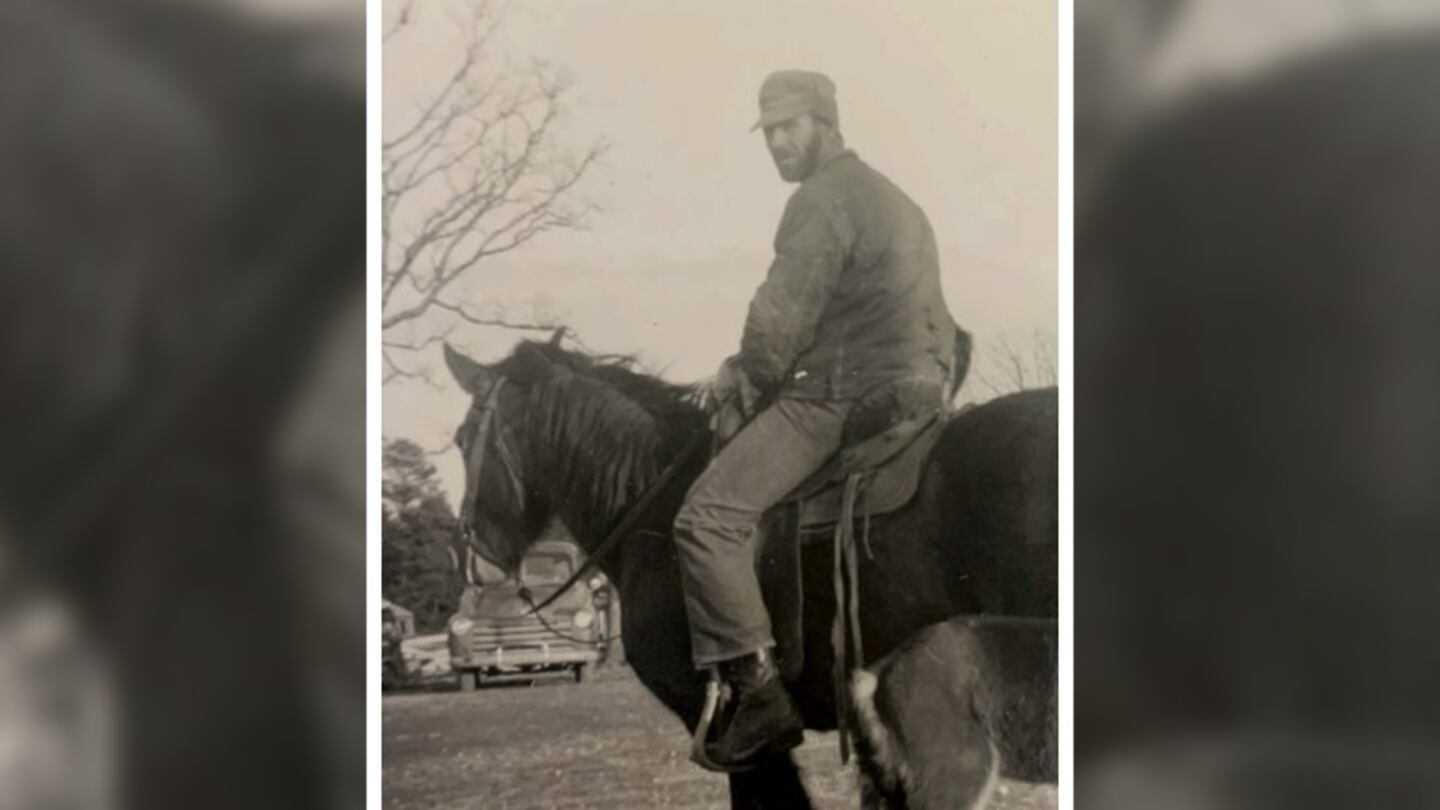GREAT FALLS, Mont. — Montana law enforcement officials announced earlier this month that they’ve closed the book on a 65-year-old double murder using a single sperm cell and genetic genealogy.
The long-unsolved case of Patricia Kalitzke and Duane Bogle is believed to be the oldest cold case in the country solved through the breakthrough technology.
Great Falls native Kenneth Gould has been linked to the Jan. 2, 1956, murder of Bogle, 18, and the rape and murder of Kalitzke, his 16-year-old girlfriend. Cascade County Sheriff’s Office officials said both died of gunshot wounds to the head.
Gould, who died in 2007, was cremated, but his children provided their own DNA to help detectives determine if he was involved, said Jon Kadner, a detective sergeant who investigated the cold case.
“I wasn’t sure how they were going to react when I come to them saying, ‘Hey, your dad’s a suspect in this case,’ but they were great to work with,” Kadner said June 8, according to the Great Falls Tribune.
Related story: Navy vet convicted of 1984 Florida murder indicted in second murder in Hawaii
The Electric reported that Cascade County Jesse Slaughter said because Gould is dead, authorities can only say that he is the most likely suspect in the case.
“This is as good as we’re ever going to get on a case like this,” Slaughter said.
At the time of the murders, Gould was a 29-year-old husband and father who lived about a mile from Kalitzke in Great Falls. He was often spotted riding a horse through the area.
The Tribune reported that Gould’s name was nowhere in the case file, and he apparently had never been questioned in the murders.
Bogle, a U.S. Air Force airman, was stationed at Malmstrom Air Force Base when he met and fell in love with Kalitzke. Kadner said the young Waco, Texas, native was “instantly smitten with Patty,” according to The New York Times.
The couple, who were on a date the night of the murders, were last seen at a drive-in restaurant just after 9 p.m. that night. From there, they apparently parked at a lover’s lane west of Great Falls, near Wadsworth Park.
They never came home.
The Times reported that the teens’ families assumed they had eloped — until three boys hiking near the Sun River the next day found Bogle’s body. The young airman’s car was running, and the lights and radio were on.
Bogle lay facedown next to the car, his hands bound behind his back with his own belt. He’d been shot in the back of the head, the newspaper reported.
A Cascade County road worker stumbled upon Kalitzke’s body a day later, dumped off a gravel road north of Great Falls. She, too, had been shot and her body bore injuries inflicted during a sexual assault.
Kadner theorized that the killer fatally shot Bogle before kidnapping Kalitzke to rape her, according to the Electric.
Over the next several decades, authorities would investigate, and clear, nearly three dozen suspects, including notorious gangster James “Whitey” Bulger, who had been charged with rape in Great Falls five years before the murders.
According to the Tribune, now-retired Detective Phil Matteson sent a vaginal swab from Kalitzke’s autopsy to the Montana State Crime Lab in 2001, at which time lab technicians found a vital clue — that single sperm cell, which did not belong to Bogle.
Despite that find, the case remained unsolved when Matteson retired.
“A lot of different people had a turn at this, and we just weren’t able to take it to a conclusion,” Matteson said.
Kadner, who was assigned the case in 2012, said the big break in the case came six years later, when another case more than 1,000 miles away was solved. The arrest of Joseph James DeAngelo, California’s notorious Golden State Killer, in April 2018 introduced the world to the advent of genetic genealogy.
The technique, in which a genealogist plugs a suspect or victim’s DNA profile into a public genealogy database, allows them to reverse engineer a family tree for the owner of the profile. They then investigate multiple branches of the family’s tree to determine who could be a viable suspect in the unsolved case.
Kadner began working in 2019 with Bode Technology, which conducted further testing on the semen taken from Kalitzke’s body, according to KRTV in Great Falls. The genealogy process turned up three people genetically compatible with the sample, including Gould.
DNA swabs from his children definitively linked the murders to Gould, who was 79 years old when he died May 31, 2007, in Oregon County, Missouri.
A probe of Gould’s background showed where he lived at the time of the killings. He worked corralling horses a few blocks from Kalitzke’s home, the news station reported.
>> Read more true crime stories
A little over a month after the murders, Gould sold his family’s property and moved his family, which included a 2-month-old daughter, out of Great Falls. After moving around for several months, they left the state and settled in Alton, Missouri.
Investigators who tied Gould to the crime were unable to uncover any connection between him and the victims, the Tribune reported. He had no criminal history, nor any known connection to another crime.
Most of the victims’ family members have since died, according to the newspaper. Those that do remain expressed relief that Kalitzke and Bogle’s killer has been identified.
The nature and circumstances of the crime ensured that investigators never forgot about the victims, even if those detectives had yet to be born when Kalitzke and Bogle died.
“You had two young, vibrant individuals that were well-liked among their peer group,” Kadner said. “Investigators poured their heart and soul into this case.”
©2021 Cox Media Group






